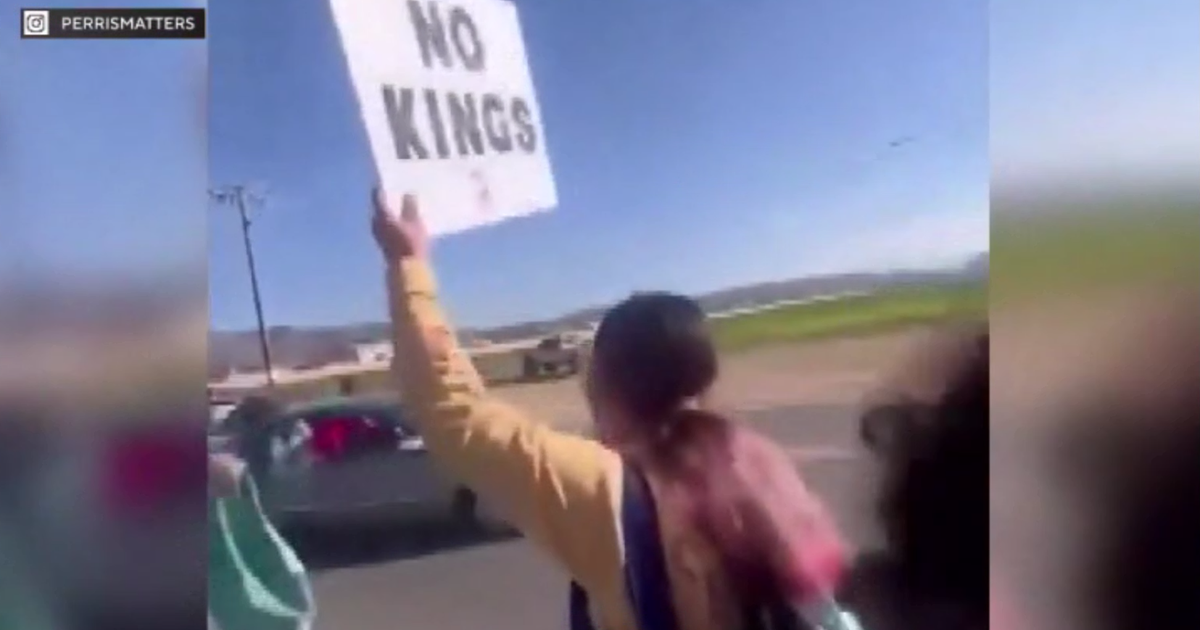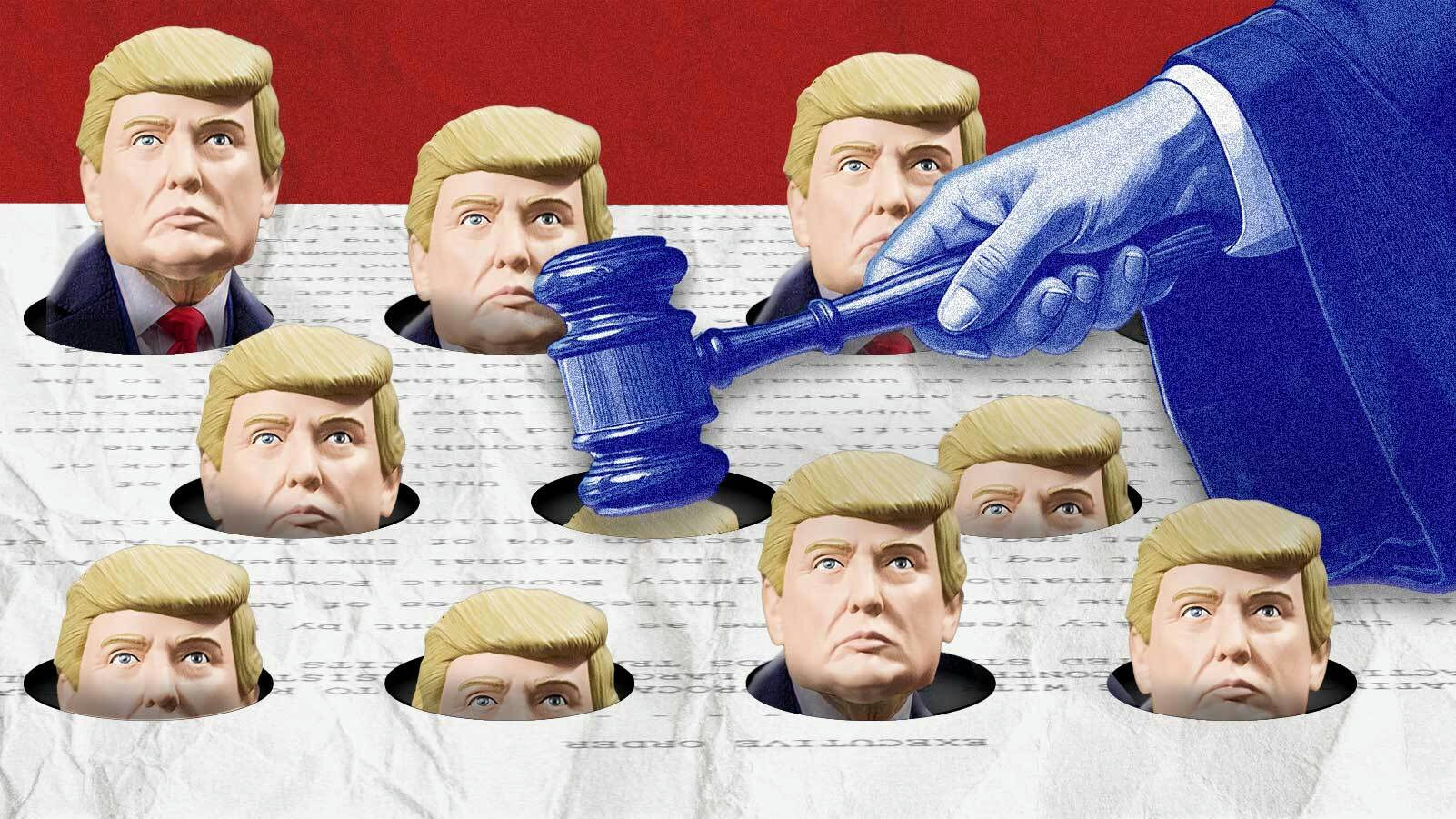Uber and Lyft drivers strike nationwide for better pay
App-based drivers across the country are on strike Wednesday, demanding better work conditions, improved pay and legal protections, according to lobbying group Rideshare Drivers United.
The California-based organization has asked both riders and drivers nationwide to boycott services like Uber and Lyft for 24 hours on Wednesday. Rallies are also scheduled to take place in 11 different cities throughout the country. The group is calling for better pay, the right to unionize and for legislation to protect their classification status.
"App-based workers are fed up with exploitation from big tech companies," Eve Aruguete, a Rideshare Drivers United organizer and driver, said in a statement. "Misclassification is like concrete, keeping us underground."
The driver-led group said many of their issues are a direct result of Proposition 22 — the California ballot measure passed in 2020 that classifies app-based drivers as independent contractors rather than employees eligible for benefits and job protections. While proponents of the measure say it provides drivers flexibility in their schedules and maintains affordability for customers, Rideshare Drivers United claims that app-based companies have broken promises in the measure and have wasted more than $220 million promoting it.
"They promised us flexibility, greater control, and greater transparency," driver Carlos Pelayo said. "But since Prop 22 passed, I have less control over where I drive, who I pick up, and how much I make. Prop 22 was the most expensive lie ever told to California voters."
Protestors also say that app-based rideshare companies have reduced mileage rates, lowered commissions and manipulated algorithms to exploit workers.
It is unclear how many are participating in the strike and boycott, but an Uber representative told CBS News it has not seen an impact in service.
Last year, Uber claimed that drivers in cities like Denver and Washington, D.C., make $55,000 annually, however multiple independent studies disputed the figure. Economist Larry Mishel called the estimate "phony-baloney," saying that it doesn't account for out-of-pocket costs like gas and vehicle maintenance.
A study conducted by the University of California in Santa Cruz estimated that 20% of rideshare workers in San Francisco actually lose money when total expenses are accounted for. The report also found that since the pandemic, more than half of all app-based drivers have lost 75-100% of their income.
A spokesperson for Lyft stood behind the company's current pay transparency protocols, saying that drivers are provided weekly pay statements which breakdown their earnings, driver totals and deductions.
"Drivers are busier now than they were even before the pandemic started," a spokesperson for the company told CBS News. "In our top markets, drivers are making more than $30 an hour, substantially higher than pre-COVID. Lyft is also fighting to expand benefits and protections for drivers in a way that allows them to keep their independence. This is the type of forward-looking approach our drivers want."
Wednesday's boycotters say the Protecting the Right to Organize (PRO) Act would help to address some of their work equality concerns. The House-passed act would help workers unionize, allow collective bargaining for work conditions and pay, extend joint employer liability and amend designations for who is considered an employee.
"We need to be able to have a say," rideshare driver Esterphanie St. Juste said. "There's nobody that represents us independent of Lyft and Uber."
The Senate is scheduled to hold a hearing for the PRO Act on Thursday. The legislation is not expected to advance in the Senate due to a lack of Republican support.
In response to the PRO Act, a representative from Uber told CBS News that they are working alongside Congress to "advance polices that improve independent work, instead of eliminating it."
"We will continue to work collaboratively with Congress and our diverse community of earners on meaningful solutions to improve the quality and security of independent work," the spokesperson said.



